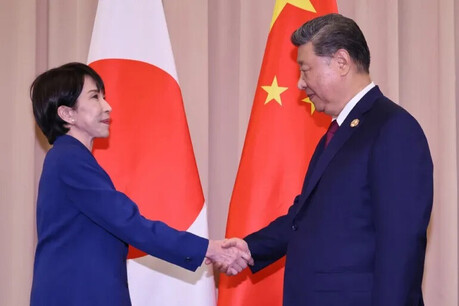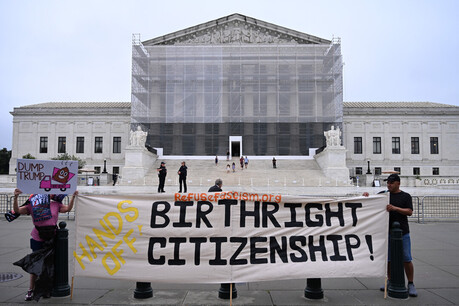
Jeonju, South Korea – Apartment prices in Jeollabuk-do province have been on a continuous decline for five consecutive weeks, with the rate of decrease accelerating. Experts attribute this downturn to a combination of factors including rising interest rates, tightened mortgage regulations, and political uncertainty stemming from the impeachment proceedings.
According to data released by the Korea Real Estate Board on [Date], apartment prices in the province dropped by 0.26% this month. After a sustained period of upward momentum since April, the market shifted to a flat trend last month before entering a downward spiral.
Despite consecutive interest rate cuts by the central bank, mortgage rates remain high, and stricter lending standards, such as the implementation of the second-stage stress Debt Service Ratio (DSR), have further tightened borrowing conditions. Moreover, the ongoing impeachment proceedings have created a climate of uncertainty, prompting potential buyers to adopt a wait-and-see approach.
The situation is expected to worsen with the introduction of the third-stage stress DSR regulations in July next year. This new policy will significantly raise the bar for borrowers by increasing the proportion of income used to calculate debt repayment capacity to 100% from the current 50% and expanding the scope of assessment to include all loans, not just mortgages.
To exacerbate matters, an influx of nearly 10,000 new apartment units is slated for launch in Jeonju and surrounding areas next year. This surge in supply could further intensify the downward pressure on prices and potentially lead to a severe oversupply situation.
“The province is already grappling with a backlog of approximately 3,000 unsold apartments, a tenfold increase compared to three years ago,” said a local real estate industry official. “The confluence of high interest rates, tightened lending regulations, and political instability, coupled with the looming threat of oversupply, could trigger a large-scale glut in the market.”
[Copyright (c) Global Economic Times. All Rights Reserved.]





























